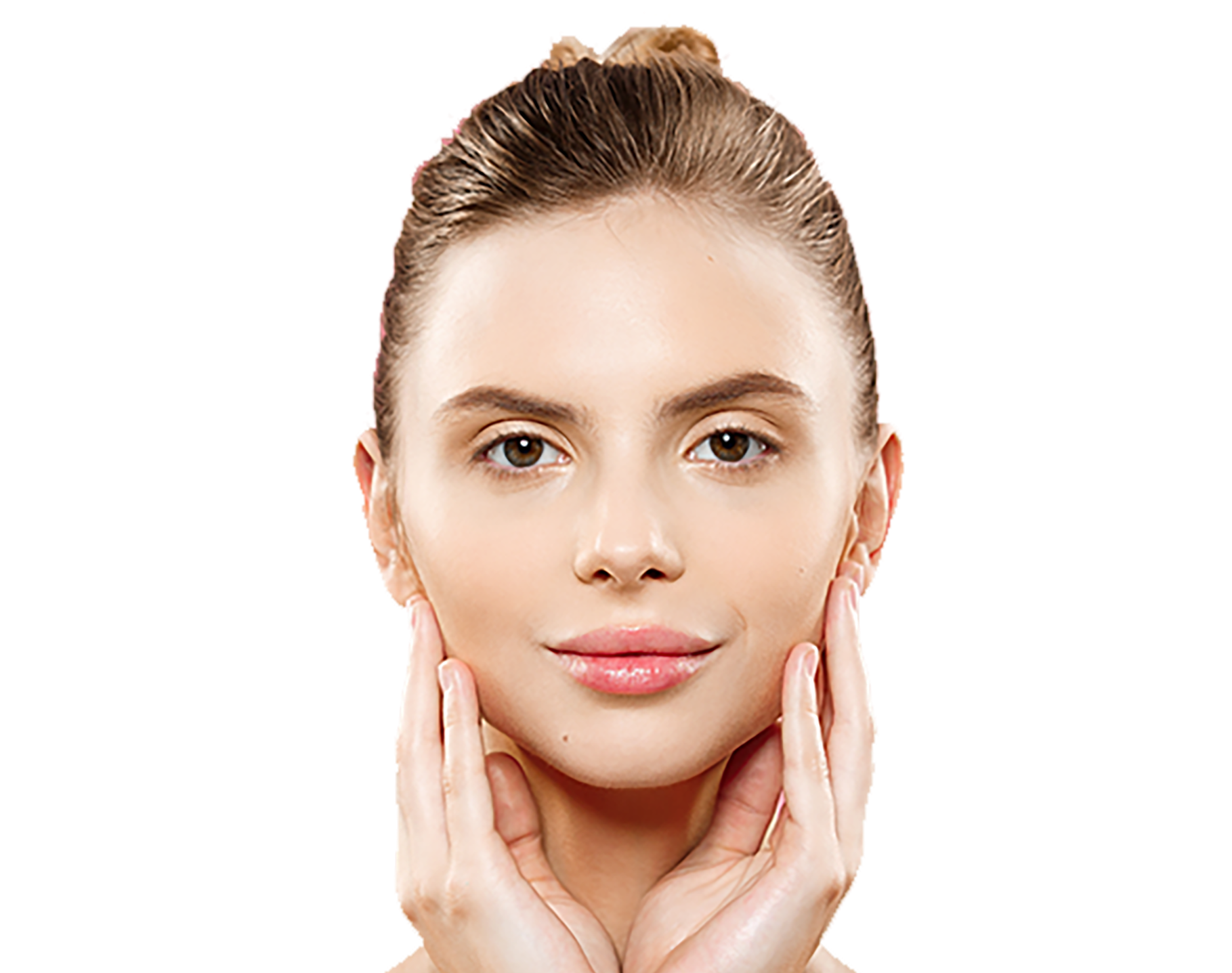
Do Looks Matter? Attractiveness As Sign of Good Health

News Release, Skin Aging & Challenges – February 22, 2022
Novel research performed by Mengelkoch et. al at Texas Christian University revealed that there is a complex, often sex-differentiated relationships between immune function, health, and attractiveness.
The study suggests a link between attractiveness and immune function to be more closely tied to a target’s ability to avoid bacterial rather than viral threats. In more details, study results revealed that attractive targets had high rates of phagocytosis, and low neutrophil counts, demonstrating that attractiveness may be related to one’s immunological efficiency in the face of bacterial threats.
Interestingly, sex-differentiated relationships investigations showed that women perceived male targets with high-functioning NK cells as being more attractive than those with low-functioning NK cells, revealing that women prefer men who are well equipped to efficiently combat viral threats and neoplastic growth.
On the other hand, men fond women with high-functioning NK cells to be less attractive than women with low-functioning NK cells, most probably because NK cell function is lower in the context of high estrogen levels.
In conclusion, facial attractiveness may provide insights into one’s immune function, particularly as it relates to one’s ability to efficiently combat (primarily) bacterial threats. Additionally, for men, facial attractiveness may also provide cues to their ability to efficiently manage viral threats and neoplastic growth. Overall, a relationship between facial attractiveness and immune function is likely to exist.
We will be discussing this topic and many more topics during the 13th International Congress on Skin Ageing & Challenges 2022.
Did you like the news ? Please share it with your circle.